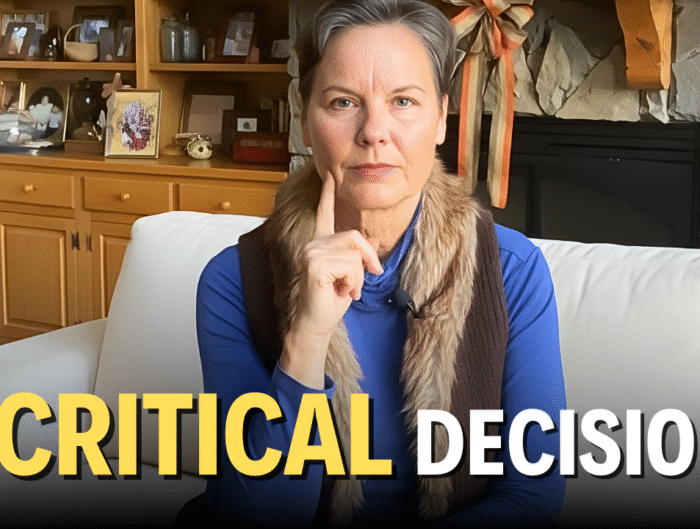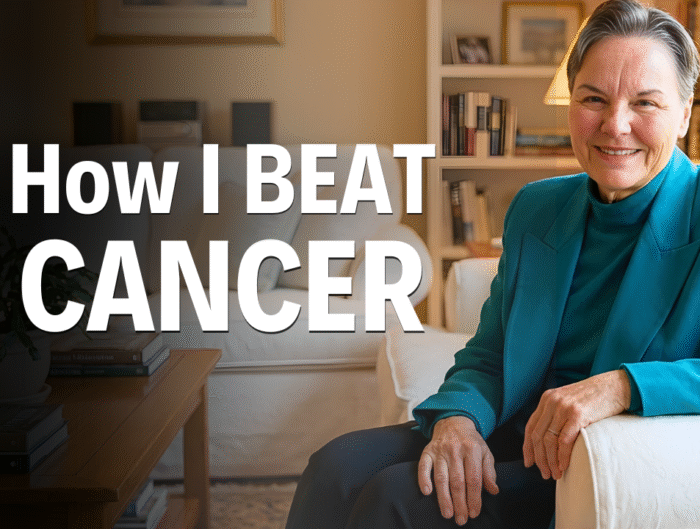Nearly 300 million tons of plastic are manufactured yearly. Are any of us willing to give up disposable medical equipment, disposable diapers, etc? Don’t kid yourself—plastics are here to stay. We must, however, use them wisely—especially those that pollute our bodies. We must look for ways to reduce those products that poison our bodies. To reduce plastic use, we must do as the Europeans do!
As I’ve traveled to Europe, I’ve noticed many lifestyle differences. The regular coffee shop serves you a hot drink in a ceramic cup. Don’t even think about asking for a cup to go. You’d get a “Are you crazy” look. Much of their milk and juice is sold in paper-like containers instead of plastic. People carry their own water in chemical-free containers instead of plastic bottles. People bring their own reusable bags to the stores to avoid using plastic bags.
It’s just sensible, and I’m acting more like a European these days. I carry a steel Yeti for my lemon water everywhere I go. I also have a 22-ounce glass water bottle enclosed with a rubber casing. These substitutions prevent chemicals from leaching into my clean water. I go nowhere without an ample supply of clean water. My water container is my security blanket.
When my first son was born, I actually used cloth diapers as a cost-saving measure. Yuk! When the doctor told me I was expecting twins three years later, convenience won my heart. I emphatically told my husband, “Dear, we’re going disposable this time!” No kidding. We all rely on comfort and convenience. If all plastics were recyclable (and maybe one day they will be), and we all recycled them and used caution in our eating and drinking, we’d be much safer. I’m not as concerned about the plastics that we don’t consume or get near our bodies. I’m worried about the ones we ingest through eating, drinking, or breathing the fumes.
I now understand why I developed an estrogen-fed cancer. I was consuming chemicals from plastics and many other xenoestrogens that mimic estrogen in my body. Therefore, I no longer drink from plastic bottles or store or freeze my food in plastic. So here are my eight simple tips to reduce plastic use and its impact on our bodies:
1. Only use glass, steel, and ceramic products to eat and drink from or store food in. If you need disposables, only use paper compost products. Or bring your own packaging from home if only plastic is offered for leftovers.
2. Don’t microwave food or drinks (including infant formula and breast milk) in plastic. Heating up containers increases the release of chemicals into food. Use glassware instead.
3. Avoid plastics with recycling codes #3 (contains phthalates), #6 (styrene), and #7 (bisphenols). Yes, no more church dinners with Styrofoam cups and plates. You can bring your own drinking container and paper plate if necessary.
4. When drinking hot brewed drinks, bring your own cup or use paper cups. Places such as Starbucks or Chick-fil-A serve hot coffee in paper cups. Avoid using the plastic lids that leach plastic chemicals back into your hot drink after being saturated with steam. I realize that, at times, you may need that lid to prevent scalding. consider not filling the cup to close to the top.
5. Use reusable shopping bags. My son, Jonnie, gave me several from his financial planning company.
6. Look for children’s toys, bottles, and Sippy cups made from safer materials. They are out there. Please share what you’ve found.
7. Brewing tea and coffee without plastic. Next time you buy a coffee maker, keep this in mind.
8. If thirsty and only plastic water bottles are provided, then drink from them remembering that proper hydration is your first priority. But don’t do this on a daily basis. This should be a rarity.
In a world full of fake people, fake news, and plastics all around us since the 1950s and increasing daily, we must make decisions to ensure that our bodies are not being overloaded with plastic chemicals. We are at the top of the food chain. What goes around, comes around. And like a boomerang, our drive for convenience eventually comes back around to us with consequences. So be cautious not only about what you drink but also the container it is served in. These eight simple tips help us to reduce plastic use. To reduce plastics that impact our health, WE MUST DO AS THE EUROPEANS DO!
You may view this message and many others on YouTube:
Eight Simple Tips to Reduce Plastic Use
Plastics: It’s More than Just Marine Life
Subscribe to my YouTube channel – It’s free! Click here.
For Your Health,
Ginny
Click for free download on Tips for Lowering Your Breast Cancer Risk and Smoothie Recipe
 Ginny Dent Brant is a speaker and writer who grew up in the halls of power in Washington, DC. She has battled cancer, ministered around the world, and served on the front lines of American culture as a counselor, educator, wellness advocate, and adjunct professor. Brant’s award-winning book, Finding True Freedom: From the White House to the World, was endorsed by Chuck Colson and featured in many TV and media interviews. Unleash Your God-Given Healing: Eight Steps to Prevent and Survive Cancer was released in May 2020 after her journey with cancer and was recently awarded the First Place Golden Scrolls Award for Memoirs, and Second Place in both Selah Awards for Memoirs and Director’s Choice Award for Nonfiction at the Blue Ridge Mountain Christian Writer’s Conference. It recently received the Christian Authors Network’s (CAN) Gold Award for Excellence in Marketing for reaching 62.5 million people with a message of cancer prevention and survival. It was written with commentary from an oncologist and was featured on CBN’s Healthy Living Show, Atlanta Live, and CTN’s Homekeepers along with over 75 media outlets. Learn more and cancer and wellness prevention blog and book information at www.ginnybrant.com.
Ginny Dent Brant is a speaker and writer who grew up in the halls of power in Washington, DC. She has battled cancer, ministered around the world, and served on the front lines of American culture as a counselor, educator, wellness advocate, and adjunct professor. Brant’s award-winning book, Finding True Freedom: From the White House to the World, was endorsed by Chuck Colson and featured in many TV and media interviews. Unleash Your God-Given Healing: Eight Steps to Prevent and Survive Cancer was released in May 2020 after her journey with cancer and was recently awarded the First Place Golden Scrolls Award for Memoirs, and Second Place in both Selah Awards for Memoirs and Director’s Choice Award for Nonfiction at the Blue Ridge Mountain Christian Writer’s Conference. It recently received the Christian Authors Network’s (CAN) Gold Award for Excellence in Marketing for reaching 62.5 million people with a message of cancer prevention and survival. It was written with commentary from an oncologist and was featured on CBN’s Healthy Living Show, Atlanta Live, and CTN’s Homekeepers along with over 75 media outlets. Learn more and cancer and wellness prevention blog and book information at www.ginnybrant.com.




